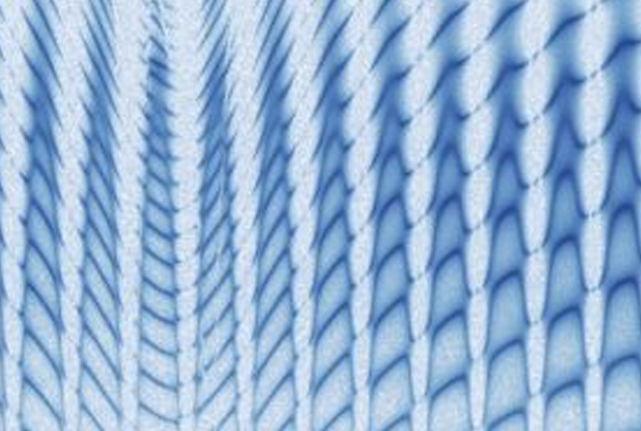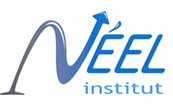- Home
- Institut Néel
- Research teams
- Technical Groups & Services
- Work at the Institut
- Partnerships


When a large number of constituent elements — electrons, nuclei or molecules — interact together, they often give rise to rich and complex collective behavior. Our main focus is the exploration, understanding and prediction of novel states of matter that emerge from such collective many-body effects. The systems that we study are as diverse as novel superconductors, exotic magnets, organic conductors and semiconductors or artificially engineered lattices.
Quantum circuits rely on advanced nano-fabrication techniques to craft a great variety of model Hamiltonians, allowing to address remarkable physical effects in a more controllable way than in the solid state. This approach provides new vista into fundamental questions relative not only to out-of-equilibrium transport in electronic systems, but also to the many–body problem, to engineered topology, and to multi-particle entanglement. Our theoretical work bridges from the elaboration of new concepts in quantum mechanics, to the modeling of state-of-the-art experiments, based on analytical and numerical tools.
We develop and apply advanced computational methods to understand, predict and design the fundamental properties of materials at different length scales. These include first-principles
methods such as density-functional theory (DFT) and its time-dependent extension (TDDFT), wavefunction-based complete active space configuration interaction (CASCI), and Green’s function based many-body quantum-field-theory approaches like the GW approximation and the Bethe-Salpeter equation.
We investigate the novel quantum ontology that emerges from the redefinition of physical reality according to the laws of quantum mechanics. In addition, we explore the nature of time arrow and irreversibility in the quantum regime, and transpose concepts and tools of quantum optics to the field of solid-state to investigate new physics and potential applications in quantum information processing.
Philosophy of quantum mechanics
How quantum physics impacts philosophical concepts (reality, objectivity) and reconstructions of the formalism.
Quantum thermodynamics
From quantum engines, quantum randomness and quantum time arrow to the energetics of quantum control and error correction.
Quantum causality
Quantum superpositions of indefinite causal order and applications to quantum communication.
Our research involves non-linear responses of topological phases, anomalies in quantum field theory and their realisation in condensed matter, and the dynamics of topological strongly correlated matter. To study these, we use analytical or semi-analytical methods (e.g. quantum field theory, Boltzmann equation, Kubo or tight binding modelling) as well as numerical methods (e.g. exact diagonalization or Density Matrix Renormalization Group).
